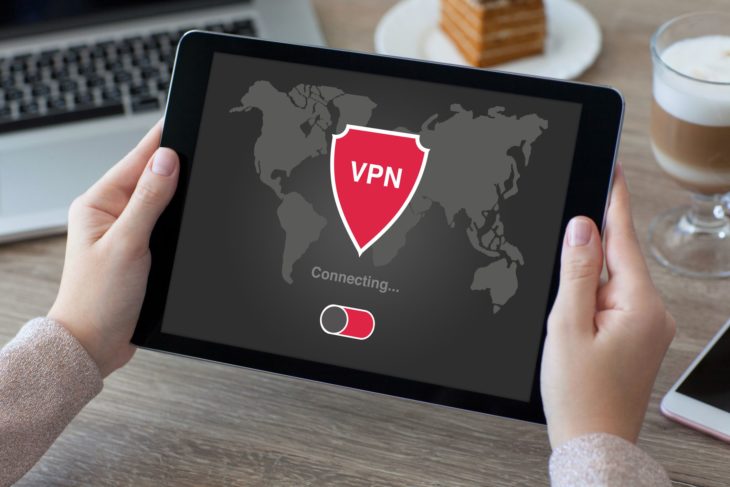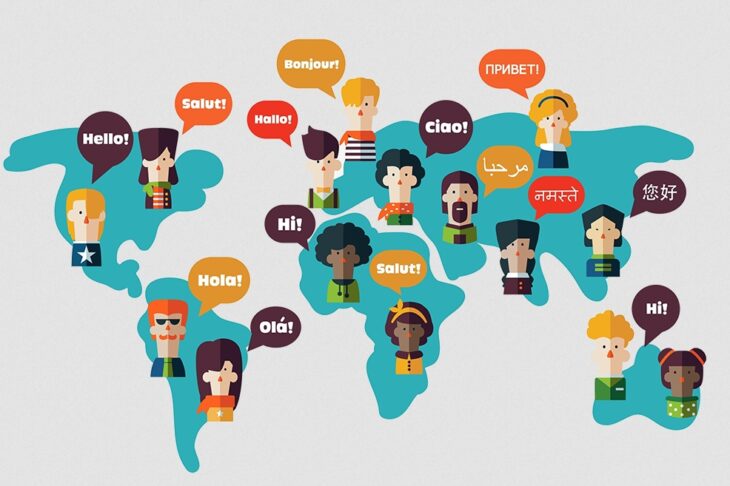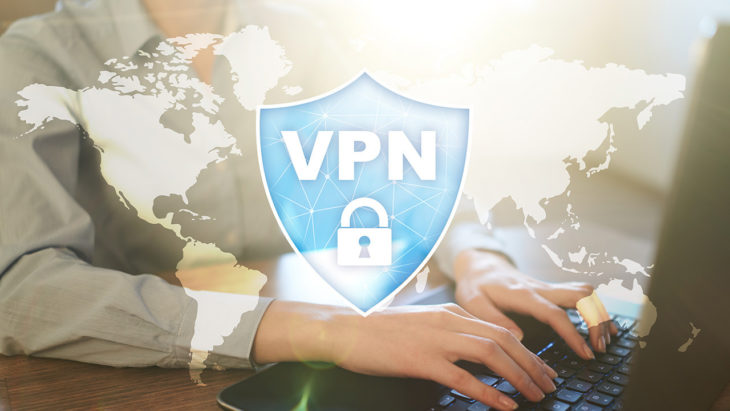International travel is slowly but surely returning to normal. That means we’ll soon be travelling to foreign countries. Whether for business or leisure, travelling to foreign countries comes with its own set of challenges.
One of these challenges is adapting to the local language. Many countries do not use the English language, even when it comes to their websites. Thus, it can be difficult for you to communicate, navigate or even conduct a simple Google search.
Luckily though, there is a way that you can get around this problem. You can simply use a VPN to change your IP address to a different location, allowing you to access the internet as you normally would. For more information on VPNs, visit VPNOverview.com.

Source: nine8nine.co.uk
Contents
Why do Websites Change Their Language Depending on Where You Are?
Websites change their languages and their content based on your location. Even popular websites that are available worldwide will change their language if you are in a foreign country. You might be wondering how an international website such as Facebook is able to determine which country you are in.
Websites use your IP address, which is a unique address that identifies your network. One of the main functions of this identification number is to tell a website where you are accessing it from, which also allows information to be sent back and forth. It can give the website an exact location of your whereabouts. This will allow the website to determine which language to use and which adverts to show you.
An IP address can sometimes also trigger geo-blocking (geographical blocking). Geo-blocking is used as a form of censorship that will prevent you from accessing a specific website depending on where you are located.
However, luckily an IP address is not a ball and chain. It can be modified which will allow you to access the internet as you normally would when you are back home. All you need is a VPN.

Source: Lifewire.com
What is a VPN?
A VPN or virtual private network is a cybersecurity tool first and foremost. It is able to encrypt your internet connection, which means that no one will be able to keep track of what you are doing on your devices. Even your internet service provider won’t be able to track your data, which they can still do even if you are using incognito mode.
A VPN will also allow you to connect to one of several global servers. Doing so will change your IP address, allowing you to access the website as if you were in a different country by connecting you to a local server of your choice.. For example, if you were travelling to Dubai, you can use a VPN to access the internet as if you were in the United States.
When the VPN is active, you will see the websites in a different language, and you will be able to see adverts from that specific country while you’re browsing the internet. You will also be able to access websites that were previously blocked.
Installing a VPN is very simple and VPN software is readily available today. You can follow the quick guide below for a full breakdown of how to install a VPN on your device:
- Choose a VPN provider. Each VPN is unique and will have its own benefits and drawbacks. It is best to do some thorough research to find the one that best suits your needs.
- Install the VPN on your device. The majority of VPN providers will allow you to install the app on their website or from any major app store.
- Create an account with the VPN provider. This can be done by following the steps on screen as soon as you launch the app. You can also create an account on the VPN provider’s website.
- Activate your VPN. Once the VPN is active you can choose which global server you would like to connect to. The servers will range between a variety of countries and cities around the world. The content you will be able to access and the language of the website will be determined by which server you choose.
- Browse the internet without any restrictions, geo-blocking or language barriers.
It is important to take note that some countries such as China and Turkey have banned the use of a VPN. Countries sometimes ban VPNs for legal or religious reasons. However, this does not necessarily mean that you can’t use a VPN in these countries.
While there have been no reports of anyone being fined or arrested for using a VPN in these countries, they do police VPNs by blocking the websites that allow you to download them. To bypass this, make sure you install your VPN before you travel to any of these countries that have banned VPNs.

Source: polyglotclub.com
Added Benefits
A VPN is not only useful when it comes to unblocking websites and changing the language on the website. VPNs are essential security tools that you must use when you are travelling abroad.
This is because you may need to use public WiFi hotspots which are unsecured networks. Unsecured networks are a hotbed of activity for cybercriminals. It allows them to easily hack into people’s devices by intercepting the connection between your device and the router.

Source: pcmag.com
Can I Use a Free VPN?
Whilst conducting your search for which VPN you would like to use you may come across some free VPNs, or ‘lite’ versions of premium VPNs. It may be tempting to use one of these, however, it is not advisable to do so. There are several drawbacks to using a free VPN.
The first drawback is that free VPNs will often limit your internet speeds. Even if you have access to fast internet, the speed will be throttled by a VPN. If you’re travelling abroad and using public WiFi hotspots the internet connection will already be slow. A free VPN will slow it down even further, leading to a frustrating browsing experience.
Another drawback of free VPNs is that they usually have a daily data cap. The daily limit is often set at 500 MB, which is simply not enough to browse the internet. Streaming videos or using social media apps can use up to 1 GB per hour.
Finally, free VPNs usually have a limited number of global servers for you to choose from. You may not be able to find the server that you need in order to access websites in English or your preferred language.
